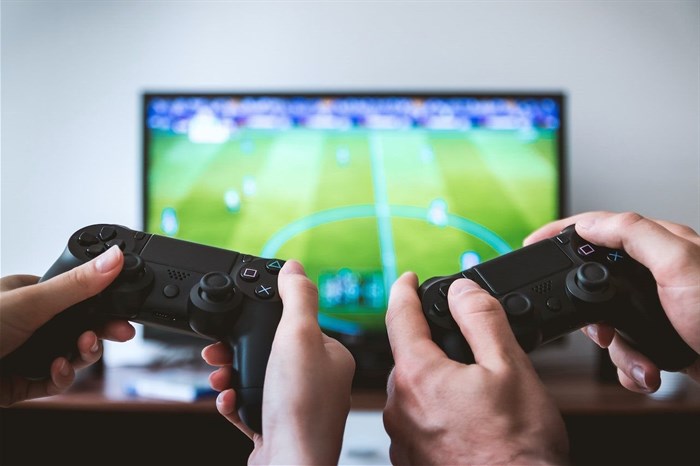
With this rapid growth in industry and advancement in technology comes increasing challenges in terms of legislative frameworks and regulations which tends to result in slower development.
Intellectual property disputes in the video gaming industry typically revolve around copyright, trademarks and in some instances, patents. Given that a video game’s value can be found in its intellectual property rights and the monetisation thereof, it is vital to protect these rights in order to maximise commercial gains and interdict unlawful infringements such as unlicensed usage/reproductions and passing off.
Copyright provides protection over original works that are conveyed in a tangible form. Copyright protection vests automatically in original works without necessitating prior registration. In video games, copyright protection may apply to elements such as literary works, artwork, musical compositions, computer programming and box designs (for physical editions) to name a few.
The world-wide gaming industry is no stranger to copyright disputes. In 2018, two massive players in the video game battle-royale genre, PUBG and Fortnite, were involved in a copyright infringement suit. The owners of PUBG alleged that Epic Games (the developers of Fortnite) had copied the design of their in-game weaponry, popular user interface and gameplay theme. The parties ultimately settled the matter out of court.
Another well-known example is the case of Tetris Holding v Xio Interactive. Tetris is beloved across the globe and is seen as an icon of the video gaming landscape. Xio took inspiration from Tetris and essentially reproduced a carbon copy of the renowned 1980s video game. The court held that Tetris had copyright protection over its tangible expression of game rules and gameplay.
Video game developers often use artistic properties such as musical scores and, in some cases, film imagery when designing a game (this may be seen as a derivative work). For instance, Ben 10 (a popular cartoon show) was later adapted into numerous console and mobile games. This highlights the importance for developers to obtain licenses from the owners of existing copyrighted works prior to its use in-game. For example, a video game based off of a cinematographic film would require licensing from the film owners before using film imagery.
Trademark protection may cover elements including the name of the game (such as the ever-popular Pokemon and Tekken franchises), and the graphic representation of these name and logos.
Trademarks cultivate trust amongst consumers and essentially act as source indicators for a product and the reputation and goodwill attached to such products.
Recently, a video game called Wordle became popular in households around the world. Within weeks of its gained popularity, several copycat gaming applications appeared on Google and Apple mobile stores. The New York Times later acquired Wordle and immediately registered it as a trademark, thereby providing an easier avenue to monetise it and protect it against possible future trademark infringement.
A trademark may even extend to the names of in-game fictional characters (which characters also enjoy certain forms of copyright protection). This is usually the case where these names have garnered a reputation amongst consumers and act as source indicators for gaming products and related merchandise. Examples include the likes of Pikachu (a fictional character heavily linked to Pokemon and related marketing) or Mario and Bowser (fictional characters linked to popular Nintendo video games).
In terms of video games, patents generally protect the technical components of game development and related gaming hardware platforms. An example of patentable products is found in the virtual reality game space. Virtual reality games are an immensely innovative platform that require virtual reality headsets to play (such as the Oculus Quest and Sony Playstation VR). These headsets may be capable of protection under patents.
Patents may also apply to in-game mechanics. A few well-known examples include the dialogue wheel in Mass Effect, the nemesis system in Shadow of War and the ping system in Apex Legends. It is therefore important for game developers or those assisting them, to conduct patent database searches when working on new projects.
The first pertinent case in the video gaming industry involved a patent infringement lawsuit between Magnavox Co and Activision, focusing on specific in-game mechanics. Magnavox argued that Activision had infringed its patent over the “ball and paddle” format and the court ultimately held in Magnavox’s favour. The outcome of this case and other famous cases such as Immersion Corp v Sony (surrounding the use of controller vibration functions) highlights the importance of patent protection.
The increasing commercial risks presented to the video gaming industry have resulted in a growing need for protection of intellectual property rights. Although intellectual property rights protection may seem daunting, its importance should not be undermined and video game developers should seek appropriate legal assistance to protect and enforce their rights when needed. All video game developers, regardless of size, can benefit by properly utilising and managing their intellectual property and its associated rights.